Refine search
Actions for selected content:
313 results in Books and Monographs
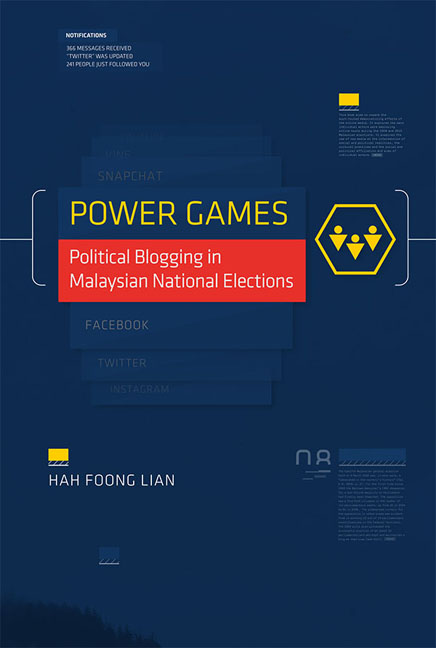
Power Games
- Political Blogging in Malaysian National Elections
-
- Published by:
- ISEAS–Yusof Ishak Institute
- Published online:
- 05 July 2016
- Print publication:
- 29 April 2016

Peasant Pedlars and Professional Traders
- Subsistence Trade in Rural Markets of Minahasa, Indonesia
-
- Published by:
- ISEAS–Yusof Ishak Institute
- Published online:
- 21 October 2015
- Print publication:
- 01 January 1987
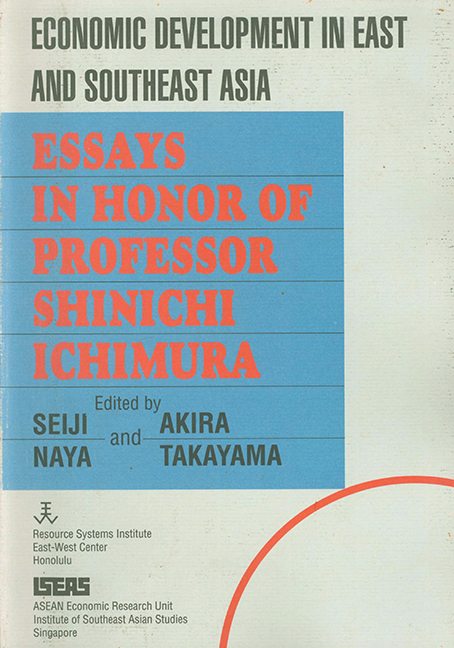
Economic Development in East and Southeast Asia
- Essays in Honor of Professor Shinichi Ichimura
-
- Published by:
- ISEAS–Yusof Ishak Institute
- Published online:
- 21 October 2015
- Print publication:
- 01 January 1990

The ASEAN Regional Forum
-
- Published by:
- ISEAS–Yusof Ishak Institute
- Published online:
- 21 October 2015
- Print publication:
- 30 September 2009
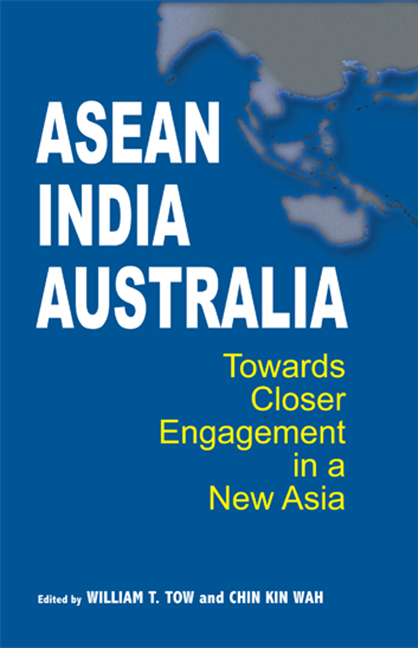
ASEAN-India-Australia
- Towards Closer Engagement in a New Asia
-
- Published by:
- ISEAS–Yusof Ishak Institute
- Published online:
- 21 October 2015
- Print publication:
- 17 September 2009

Islam, Education and Reform in Southern Thailand
- Tradition and Transformation
-
- Published by:
- ISEAS–Yusof Ishak Institute
- Published online:
- 21 October 2015
- Print publication:
- 12 May 2010
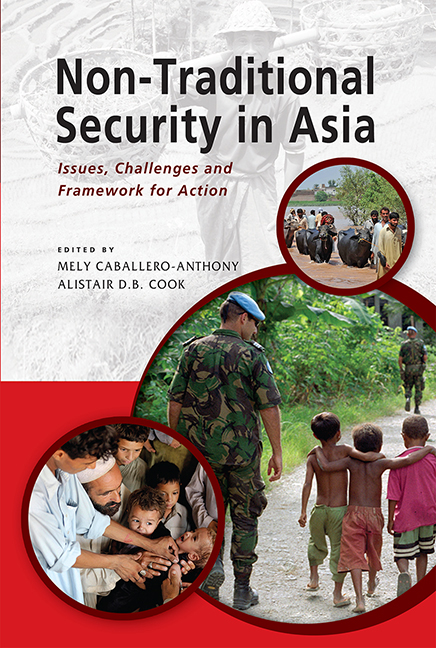
Non-Traditional Security in Asia
- Issues, Challenges and Framework for Action
-
- Published by:
- ISEAS–Yusof Ishak Institute
- Published online:
- 21 October 2015
- Print publication:
- 12 March 2013
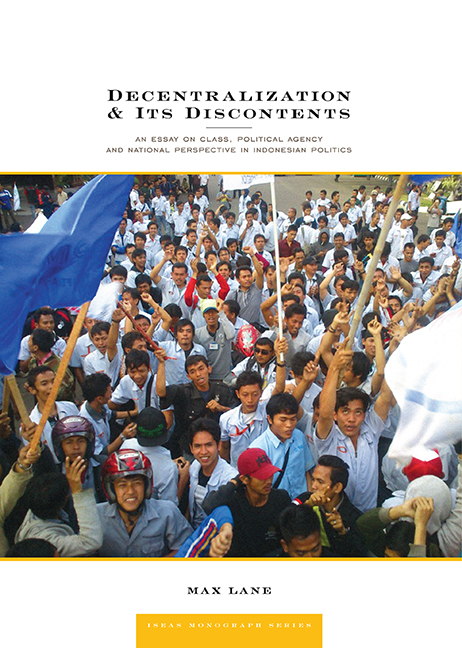
Decentralization and Its Discontents
- An Essay on Class, Political Agency and National Perspective in Indonesian Politics
-
- Published by:
- ISEAS–Yusof Ishak Institute
- Published online:
- 21 October 2015
- Print publication:
- 03 June 2014

Of Palm Wine, Women and War
- The Mongolian Naval Expedition to Java in the 13th Century
-
- Published by:
- ISEAS–Yusof Ishak Institute
- Published online:
- 21 October 2015
- Print publication:
- 28 August 2013

Religious Diversity in Muslim-majority States in Southeast Asia
- Areas of Toleration and Conflict
-
- Published by:
- ISEAS–Yusof Ishak Institute
- Published online:
- 21 October 2015
- Print publication:
- 06 August 2014

The Indonesian Interisland Shipping Industry
- An Analysis of Competition and Regulation
-
- Published by:
- ISEAS–Yusof Ishak Institute
- Published online:
- 21 October 2015
- Print publication:
- 01 January 1987
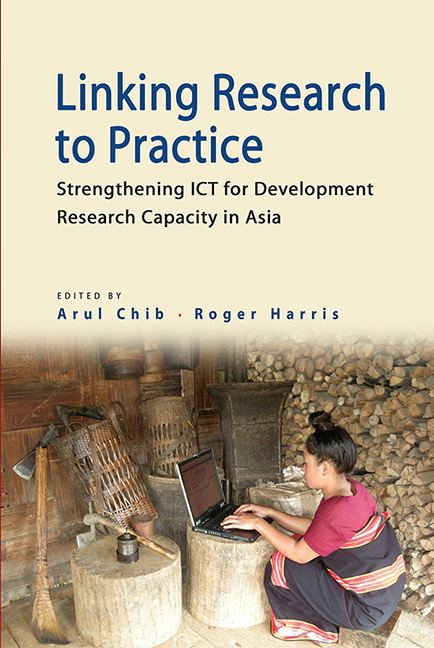
Linking Research to Practice
- Strengthening ICT for Development Research Capacity in Asia
-
- Published by:
- ISEAS–Yusof Ishak Institute
- Published online:
- 21 October 2015
- Print publication:
- 07 March 2012
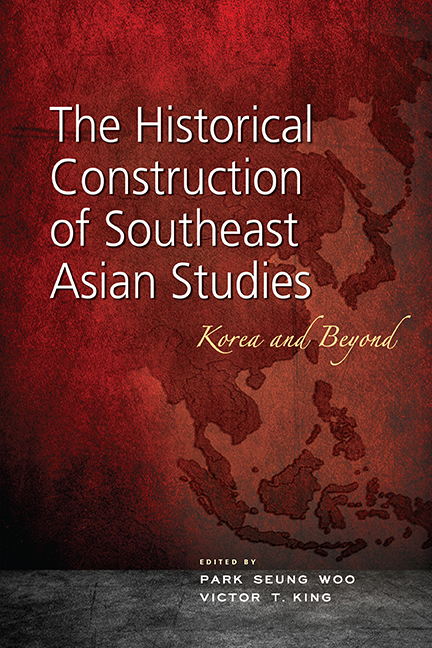
The Historical Construction of Southeast Asian Studies
- Korea and Beyond
-
- Published by:
- ISEAS–Yusof Ishak Institute
- Published online:
- 21 October 2015
- Print publication:
- 10 June 2013
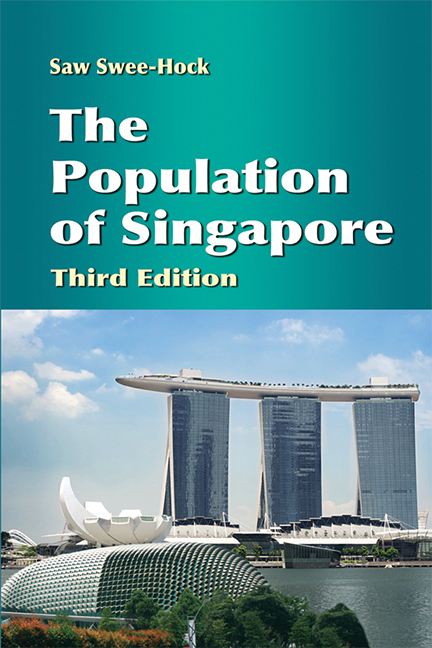
The Population of Singapore
-
- Published by:
- ISEAS–Yusof Ishak Institute
- Published online:
- 21 October 2015
- Print publication:
- 01 June 2012

Myanmar
- State, Society and Ethnicity
-
- Published by:
- ISEAS–Yusof Ishak Institute
- Published online:
- 21 October 2015
- Print publication:
- 08 February 2007

Regional Cooperation in South Asia and Southeast Asia
-
- Published by:
- ISEAS–Yusof Ishak Institute
- Published online:
- 21 October 2015
- Print publication:
- 28 May 2007

ASEAN's Myanmar Crisis
- Challenges to the Pursuit of a Security Community
-
- Published by:
- ISEAS–Yusof Ishak Institute
- Published online:
- 21 October 2015
- Print publication:
- 28 December 2009

Law of the Sea Zones in the Pacific Ocean
-
- Published by:
- ISEAS–Yusof Ishak Institute
- Published online:
- 21 October 2015
- Print publication:
- 01 January 1987
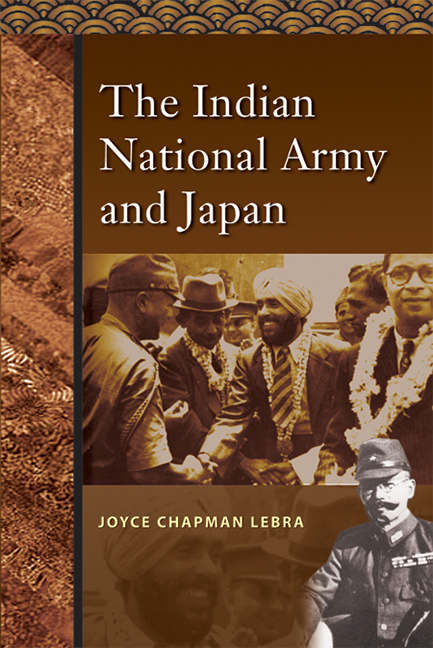
The Indian National Army and Japan
-
- Published by:
- ISEAS–Yusof Ishak Institute
- Published online:
- 21 October 2015
- Print publication:
- 02 June 2008

Ethnic Chinese in Contemporary Indonesia
-
- Published by:
- ISEAS–Yusof Ishak Institute
- Published online:
- 21 October 2015
- Print publication:
- 28 October 2008
